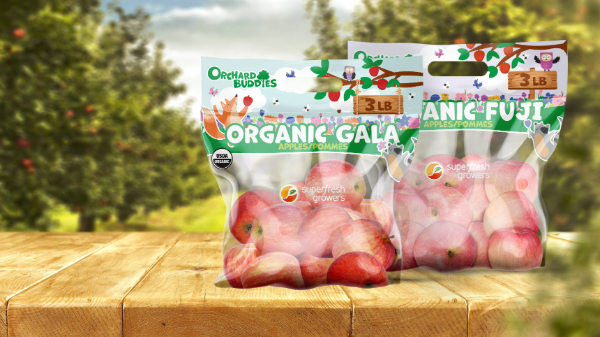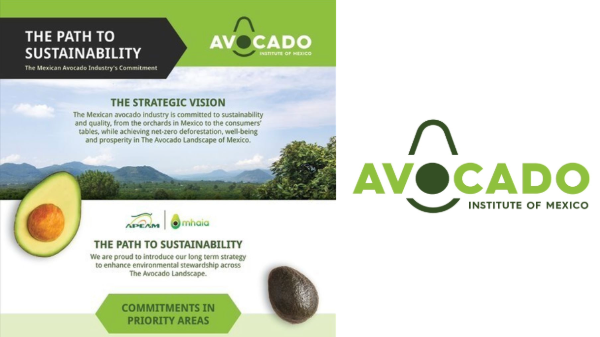Welcome to Blue Book!
Are you ready to join the thousands of companies who rely on Blue Book to drive smarter decisions? View our plans and get started today!
Still have questions? We’d love to show you what Blue Book can do for you. Drop us a line– we’ve been waiting for you.
“Think globally, act locally”—if there was ever a cliché encapsulating today’s produce industry, this might be it. On the one hand, the Trans-Pacific Partnership holds some interesting opportunities, as well as challenges, for domestic retailers and producers. We can look back at October’s PMA Fresh Summit, and recall the significant presence of the international community on the show floor, yet at the same time, nearly every U.S. retailer continues to tout support for “local” growers. How do these seemingly polar opposites fit into today’s shopping experience?
Historically, the effort to provide a year-round supply of fruits and vegetables was driven by consumer interest. I can remember seeing the first Chilean peaches and nectarines hit supermarket shelves in the early 1970s; they were about the size of large marbles, and I would make the case that a marble would have tasted better.
The industry has since developed to the point that if one didn’t know a peach came from Chile, you would be certain it was grown in California. And whether it’s stone fruit or blueberries from Chile, apples from New Zealand, sweet onions and asparagus from Peru, clementines from Spain, or a wide variety of fruits and vegetables from Mexico—today’s consumer has almost an infinite choice of fresh produce on a year-round basis.
If you look at recent trade agreements and the new Trans-Pacific Partnership, you might make the case that procuring fruits and vegetables would be easier, and foreign markets more accessible to U.S. produced goods. But consumers in other parts of the world don’t necessarily manifest the same desire for year-round availability of fresh produce; they seem to have this crazy idea that if something’s not in season, they don’t need it! Hmmm…. could we be seeing a parallel of this thought process taking root here in the United States?
Keep in mind that foodservice ALWAYS leads retail when it comes to trends, and something that bears watching is how many restaurants are now offering seasonal menus. Not only are menu selections seasonal, but they’re also locally grown in many cases.
A common thought pattern is that if the item is not locally grown and in season, it doesn’t make it onto the menu. This applies to the proliferation of local farmers’ markets too—people go not simply to buy produce, but to see what’s in season—so it’s not necessary to buy a specific item, but rather make a selection based on availability.
Retailers are spending hundreds of millions of dollars emphasizing ‘local,’ with highly prominent signage describing how the store supports local growers. Never mind that unless you’re in California, Florida, Texas, or Arizona, your local season is quite short and limited. And it’s no longer good enough for the produce to be local, but it should be organic too (that’s another topic altogether). These are strong messages, and consumers are constantly bombarded with them.
My point is this: existing trade agreements and those currently being negotiated are facilitating the import (and export) of fresh produce—and this has served consumer demand and interest well. But trends being established in foodservice, as well as strong retail marketing messages, are conveying that produce purchases should be selective as opposed to unilateral. There is also evidence to suggest a growing number of consumers, particularly millennials, are much more discriminatory when it comes to their selection of “fresh” fruits and vegetables.
Juice has become an increasingly popular option for getting the nutritional benefits of fresh produce, and advances in technology have facilitated better eating experiences from frozen fruits and vegetables, making them a convenient option in the off-season as well. So as time goes on, it may not be that important to have year-round availability of fresh produce—we may be heading toward a time in the seemingly distant past, when if something is not in season, it’s simply not necessary.
Could it be that “think globally and act locally” may morph into “what goes around, comes around”?








